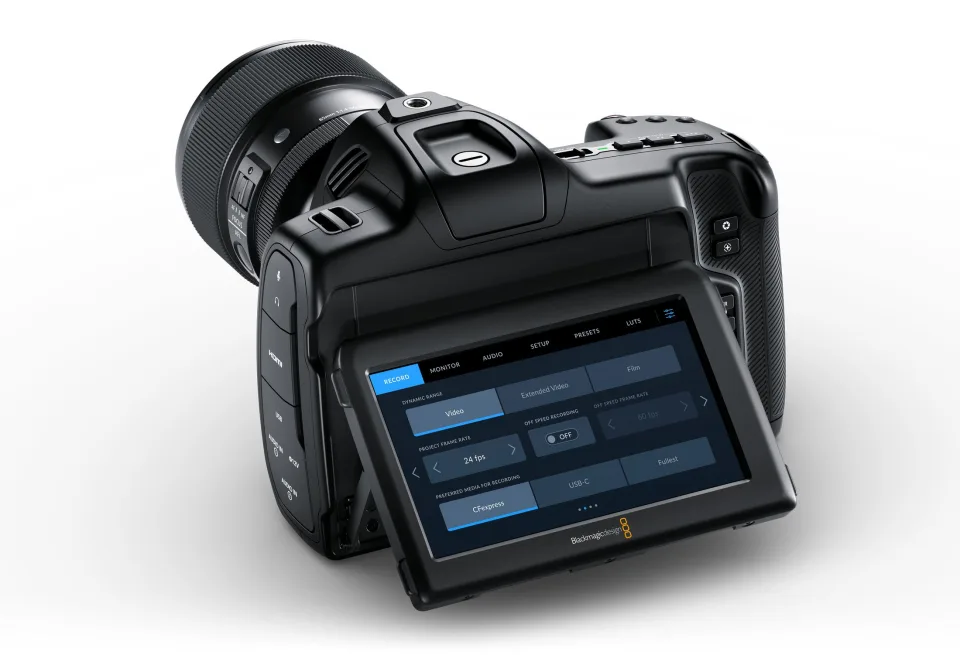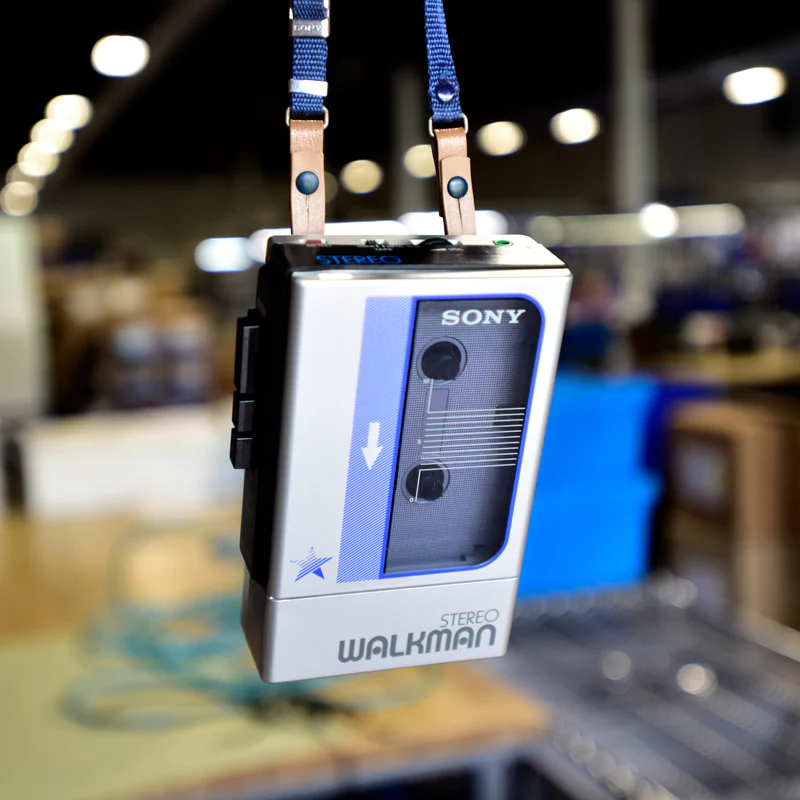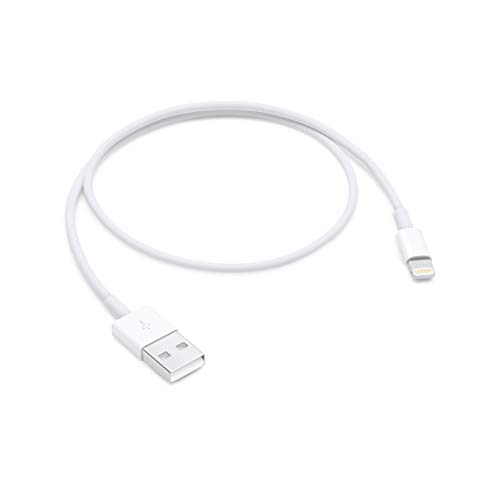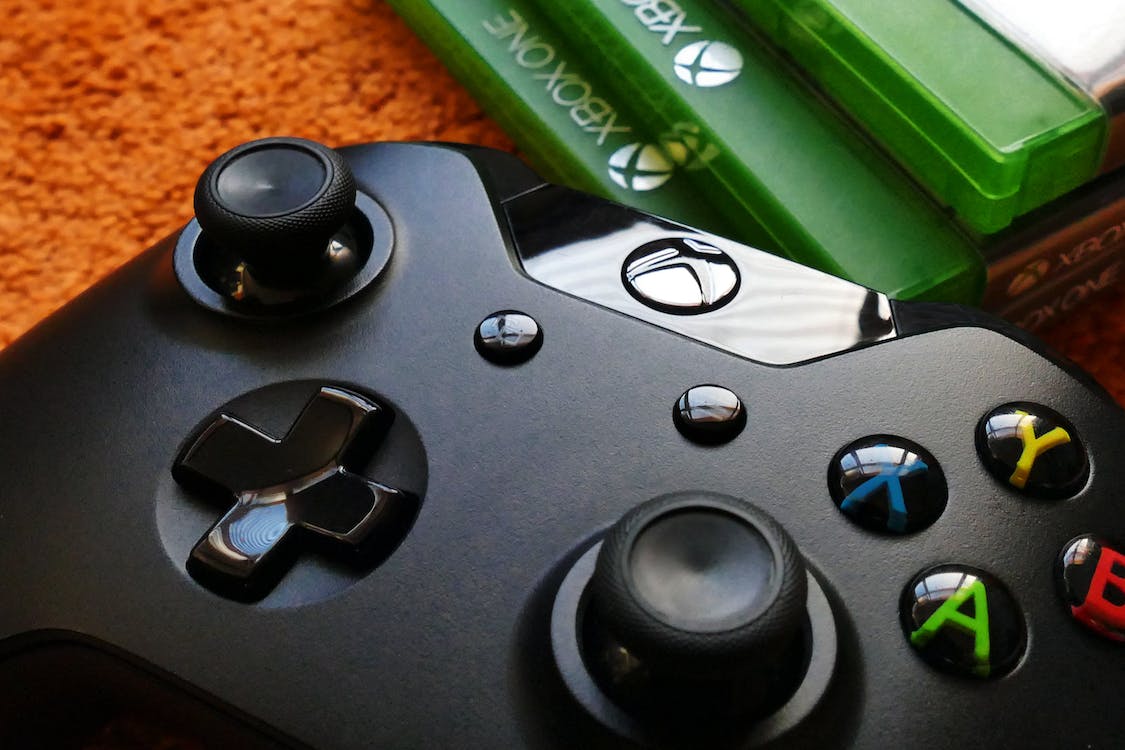As the European Union’s Digital Markets Act (DMA) approaches a significant milestone, both Microsoft and Apple are making efforts to avoid having their services, Bing and iMessage respectively, classified as “gatekeepers” subject to stringent regulations. These regulations aim to foster competition within the tech industry, but the two tech giants argue that their services lack the dominance that would warrant such strict oversight.
Unveiling the DMA’s Impact: The European Commission is gearing up to release a list of designated gatekeepers on September 6th. This list will encompass not only entire companies but also specific services offered by these tech giants. Companies earning the “gatekeeper” status, determined based on their revenue and user numbers, will be obligated to adhere to a comprehensive set of interoperability and competition rules. While Apple, Microsoft, Amazon, Alphabet, Meta, ByteDance, and Samsung were already known to be on this list, the European Commission must now determine which facets of their expansive operations should fall under the regulatory purview. Once designated as gatekeepers, these tech giants will have until March 2024 to comply with the DMA’s provisions.
Microsoft’s Stand on Bing: According to reports, Microsoft is unlikely to contest the classification of its Windows platform as a gatekeeper. However, it is fervently arguing that Bing’s relatively modest share of the search market, especially when compared to the dominant Google, should not be further impacted by requirements such as offering users access to alternative search engines.
Apple’s Defense of iMessage: Similarly, Apple is actively exploring ways to make iOS more accessible to third-party app stores and sideloading in preparation for compliance with the forthcoming regulations. However, Apple contends that iMessage falls short of the DMA’s user threshold, which mandates a minimum of 45 million active monthly users for a service to be deemed a gatekeeper. In Apple’s view, iMessage should not be compelled to interoperate with other messaging platforms. Although Apple has not officially disclosed user numbers for iMessage, external estimates suggest a user base of approximately one billion worldwide.
In Closing: The DMA is just one component of the European Union’s comprehensive effort to rein in the power of tech conglomerates. The Digital Services Act, focusing on issues such as user data handling and content moderation, recently came into effect, marking another significant milestone in the EU’s pursuit of a fair and competitive digital landscape.










![Apple Watch SE (2nd Gen) [GPS 40mm] Smartwatch with Starlight Aluminum Case with Starlight Sport Band S/M. Fitness & Sleep Tracker, Crash Detection, Heart Rate Monitor](https://www.tech-bit.com/wp-content/uploads/2024/06/applewatchse2ndgengps40mmsmartwatchwithstarlightaluminumcase-360x180.jpg)





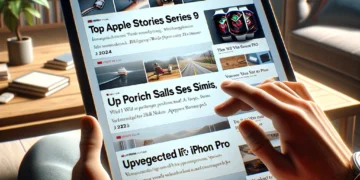










![Apple Watch Series 9 [GPS 45mm] Smartwatch with Midnight Aluminum Case with Midnight Sport Band S/M. Fitness Tracker, ECG Apps, Always-On Retina Display, Water Resistant](https://www.tech-bit.com/wp-content/uploads/2024/06/applewatchseries9gps45mmsmartwatchwithmidnightaluminumcasewith-360x180.jpg)



![Apple Watch Ultra 2 [GPS + Cellular 49mm] Smartwatch, Sport Watch with Rugged Black Titanium Case with Black Ocean Band. Fitness Tracker, Precision GPS, Action Button, Extra-Long Battery Life](https://www.tech-bit.com/wp-content/uploads/2024/10/applewatchultra2gpscellular49mmsmartwatchsportwatchwithrugged-360x180.jpg)















